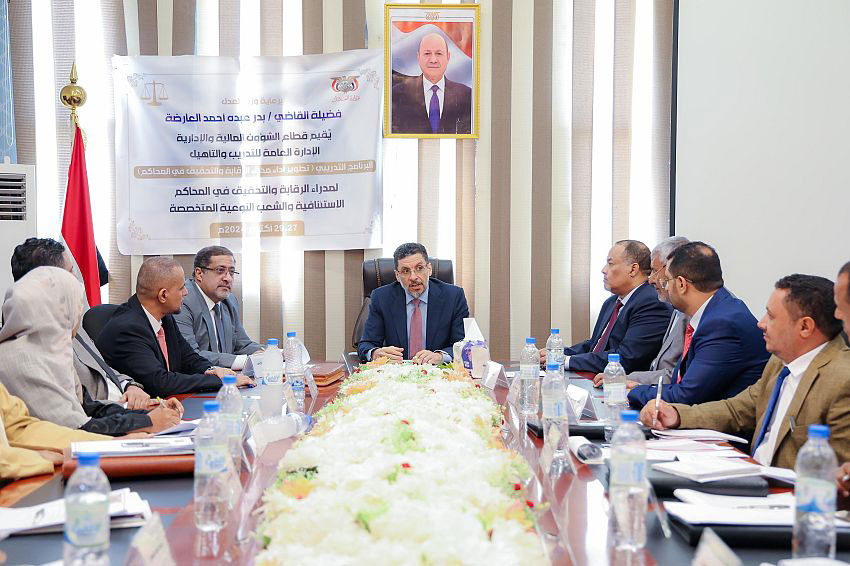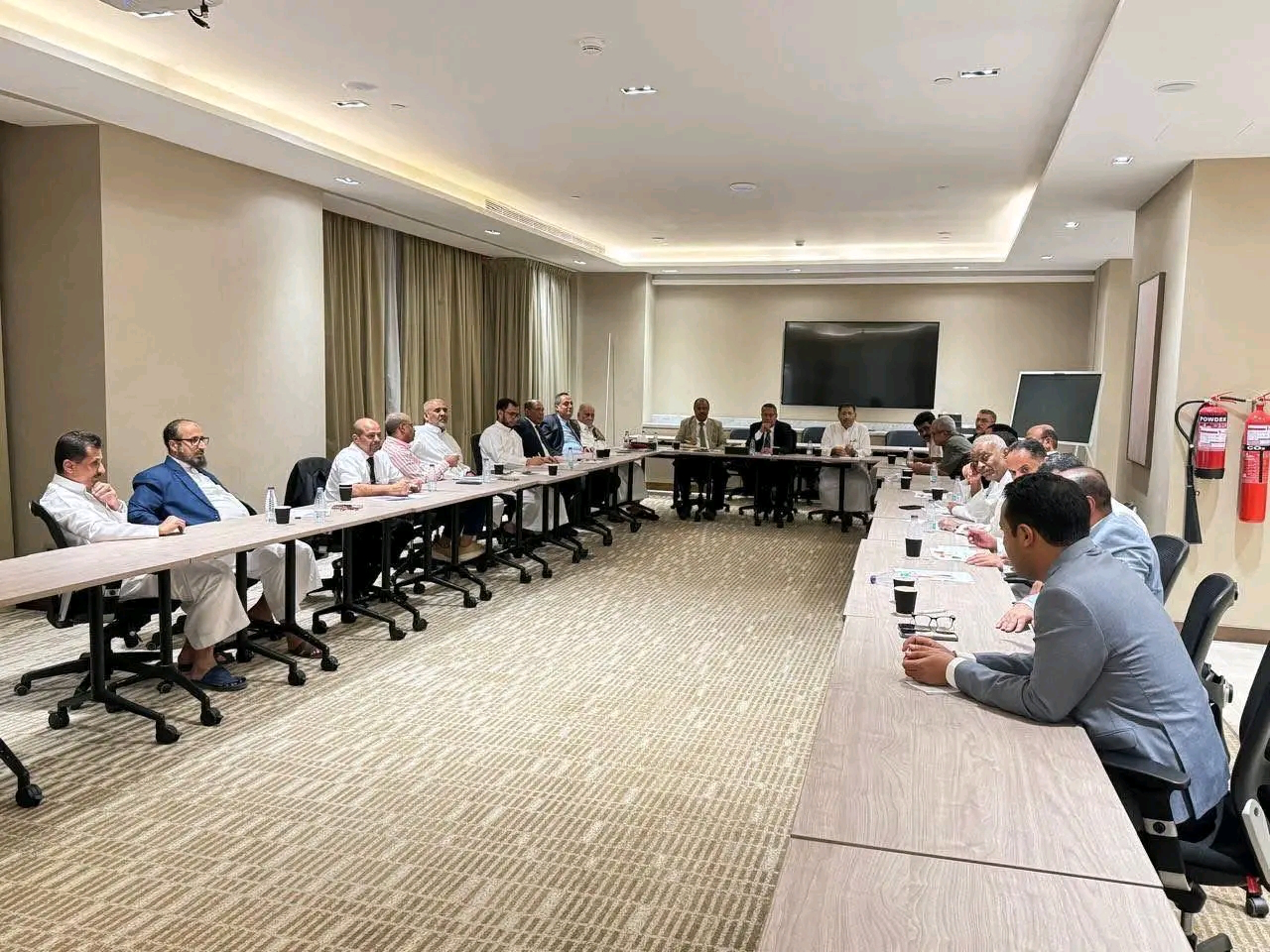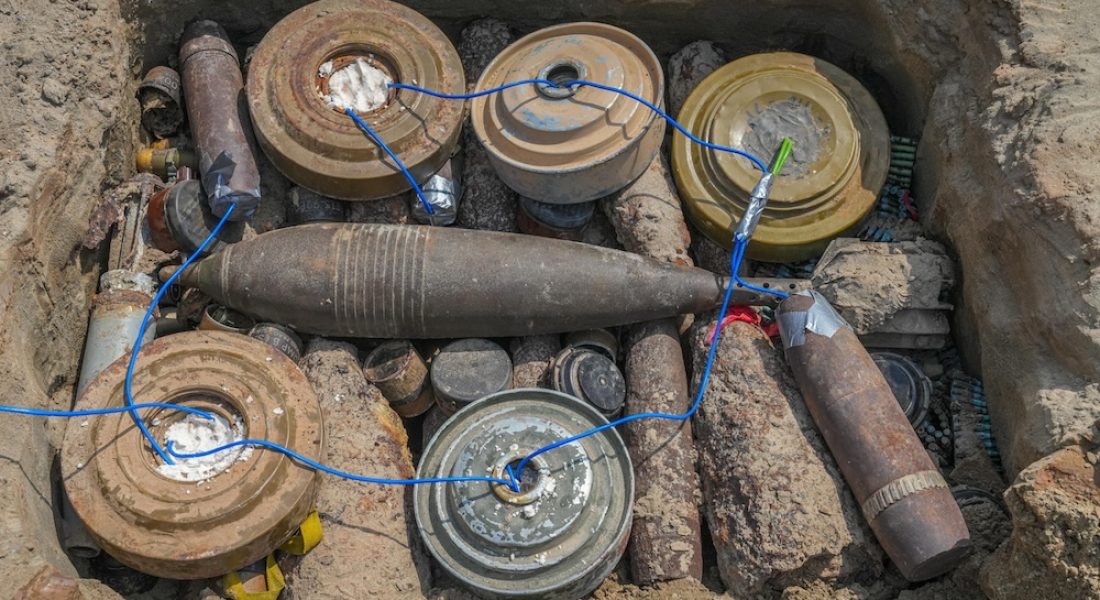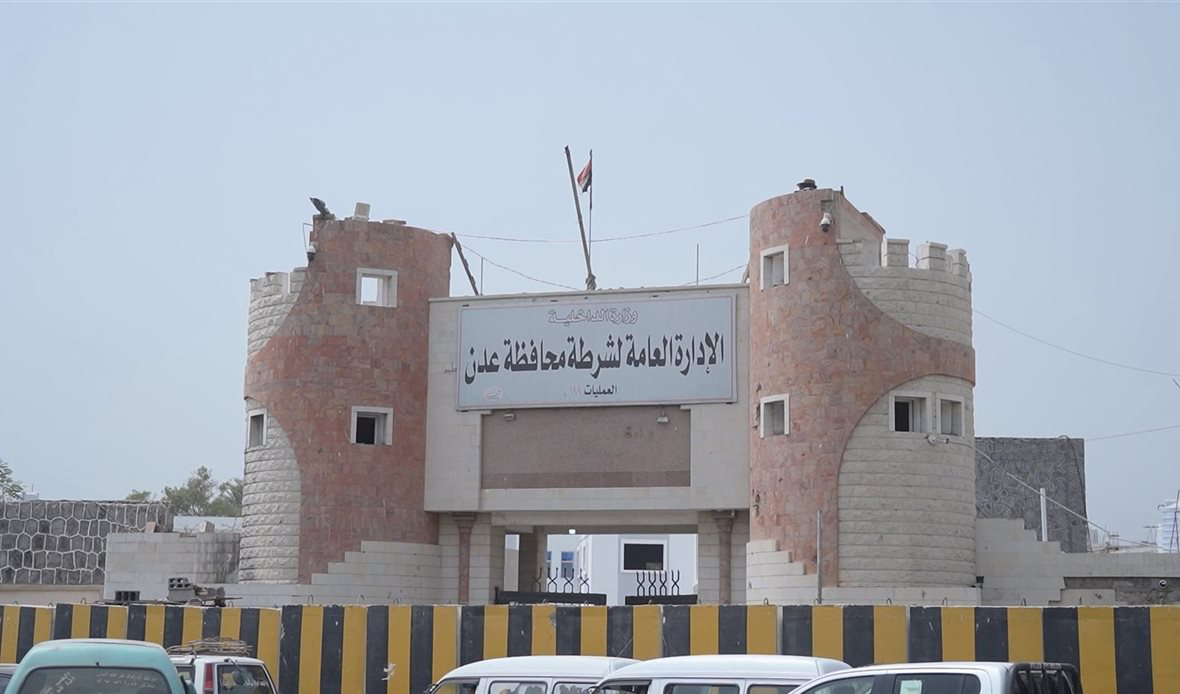
Barran Press
On Tuesday, October 29, 2024, Ahmed Awad bin Mubarak, the internationally recognized Prime Minister of Yemen, declared that there will be no protection for any corrupt individual, regardless of their position, emphasizing the need for a collective stance to uphold the rule of law and prevent misconduct.
His remarks came during the conclusion of a training program in Aden, Yemen's temporary capital, for directors of oversight and investigation departments in appellate courts across liberated provinces. The event was reported by the official Yemeni news agency Saba.
Speaking to the trainees, bin Mubarak highlighted the crucial role of oversight, investigation, and internal review departments in addressing financial and administrative corruption. He stated that the outputs of their work provide essential inputs for the courts.
The Prime Minister noted that enhancing the performance of oversight and investigation directors is a fundamental issue, prioritizing it among the government’s five main objectives, which include financial and administrative reform, combating corruption, and promoting transparency and accountability.
He emphasized that addressing corruption is a shared responsibility, urging everyone, especially the judiciary, to recognize their duties in confronting all forms of misconduct, whether relating to corruption or issues of rights and freedoms.
Bin Mubarak stressed the program participants' responsibility to effectively prepare corruption cases for court, overcome existing institutional challenges, and apply the skills and knowledge they gained to ensure proper legal procedures. He warned against the risk of major corruption cases being dismissed due to inadequate preparation.
He remarked that the work of oversight and investigation officials is vital for prosecuting corrupt individuals, framing their responsibilities not merely as administrative tasks but as national, ethical, and religious duties.
Furthermore, bin Mubarak pointed out that corruption extends beyond the embezzlement of public funds to include the failure to fulfill duties and responsibilities as another form of corruption. He commended those fighting corruption with professionalism and integrity.
He reiterated the importance of everyone recognizing their responsibilities in this regard and maintaining ongoing coordination between the executive, legislative, and judicial authorities to enhance mechanisms for reducing corruption and punishing wrongdoers. He thanked the judges who facilitated the training and the participants representing all liberated provinces, urging them to apply their newfound knowledge in their work.
According to the agency, Justice Minister Judge Badr Al-Arada also addressed the importance of the training program in developing the capabilities of managers and staff in oversight and investigation departments, introducing modern investigative techniques and methods for examining financial and administrative records.





